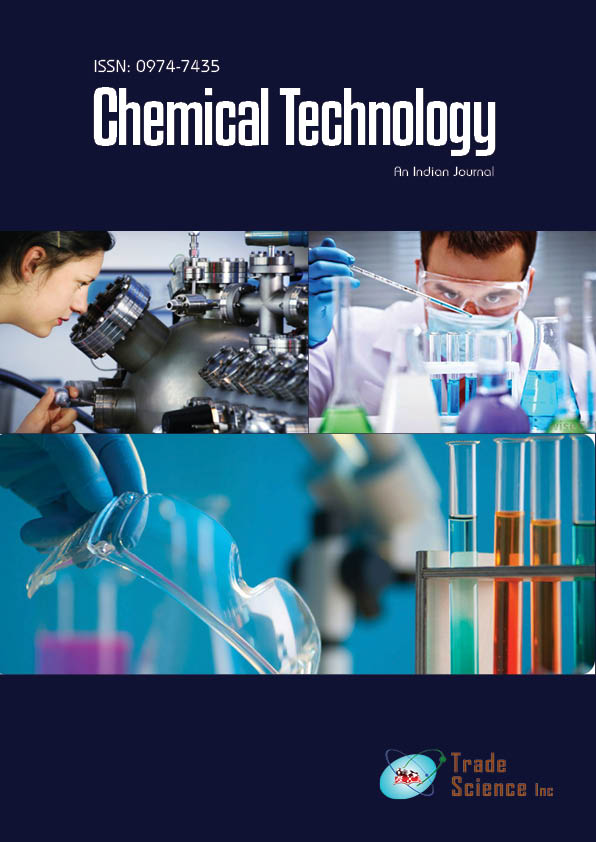నైరూప్య
Synthesis and characterization of antimicrobial hyperbranched polyesters
S.Karpagam, S.Guhanathan
Hyperbranched polyesters are a group of materials within the family of dendritic polymers (dendrimers and hyperbranched polymers) that have enjoyed increased attention in recent years. Hyperbranched polymers have a large number of end groups, which allows themto be tailored for different applications. Hyperbranched, aromatic polyester of third generation was synthesized in the molten state from 2,2-bis(hydroxymethyl)propionic acid (repeating unit ofABx type) and Phloroglucinol as core molecule using acid catalysis. Endcapping reactions were performed using selected heterocyclic phosphonyl dichlorides (example: indole and imidazole) to forman antimicrobial polymers (IN-HBPE and IM-HBPE). Formations of the compounds were identified by different spectral studies viz., FT-IR, 1H NMR and 13C NMR . 13C NMR provides information about degree of branching of these polymers. Biological studies reveal that IN-HBPE and IM-HBPE has small activity than that of HBPE.
